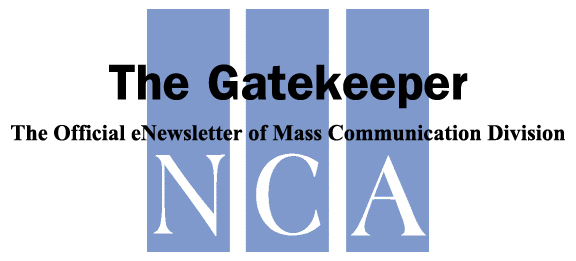
<<click here for archives >>
Vol 24, No. 1
April 2019
Published three times annually by the Mass Communication Division of NCA.
Publications/Web Editor - Emory Daniel, Appalachian State University
Sponsored by:
In this issue:

744 members and counting on our Facebook
Posts every weekday | click [here] and join us today!
Welcome from the Chair
Columbia, MO - Welcome New and Continuing Members of the Mass Communication Division!
Mass communication is a dynamic area of study in the field of communication that continues to flourish and evolve. As we define it, the term “mass communication” encompasses communication via mediated channels including traditional (e.g., broadcast television) as well as newer more interactive modalities (e.g., social media). The Mass Communication Division (MCD) of the National Communication Association (NCA) seeks to support and share scholarship that advances understanding of the structure, content, uses, responses to, and effects of media. The MCD is lucky to count many of the field's top researchers, teachers, and practitioners to be among its members.
As one of the largest divisions of NCA, the MCD has historically been home to a great diversity of topics, such as: advertising and consumer culture, children and media, media processes and effects, interactive and immersive media, critical/cultural studies, film/cinema, media and health, media history, intercultural media studies, journalism/news, new technologies, pop culture, political communication, social identity (e.g., race, ethnicity, gender, and sexuality), sports, stereotyping, media law/policy/business, and television criticism ... to name a few! All methodologies are respected and welcomed in our division. The diversity of our division is one of its strengths and allows us to remain cutting edge as a discipline.
I am especially pleased to note that the MCD has taken some exciting new directions over the past year, including the addition of an MCD Dissertation Award as well as research escalator sessions. Time has been set aside specifically for the MCD research escalator sessions at the 2019 convention. Submitters will present their projects to the audience in short 2-minute presentations and meet with their mentors one-on-one (audience members are welcome and encouraged to attend these conversations as well). At the end of a session, everyone will come back together to share new directions/goals as well as highlights from their mentorship meetings. We are excited about this new addition to the MCD convention lineup! Thank you to all of you who are participating!
At the business meeting in November, we will continue to explore new opportunities for our division’s members such as an MCD Research Award. If you have ideas, please don’t hesitate to reach out to me.
The division currently recognizes the important work being conducted by its members with several key awards. Award recipients are honored each year at the MCD’s business meeting at the NCA convention. Excellence in scholarship is recognized through our Top Paper and Top Student Paper awards. The work selected for these awards exemplifies the best of a competitive field of scholarship submitted to the NCA convention.
Please consider nominating an MCD member – or self-nominating – for one of the following awards! The division honors the contributions made by its members in the area of service. If you would like to submit a nomination for the MCD Service Award, you can do so here. This award recognizes exemplary commitment to serving the profession broadly and serving more locally at the community, university and/or department levels. The division also honors excellence in instruction and mentoring with its MCD Teaching Award. This recognition goes to individuals with outstanding accomplishments in the area of teaching and mentorship. Lastly, the division’s newest award is the MCD Dissertation Award, which honors a recent graduate in recognition of their contributions to the discipline through their dissertation work. Please click here for more information. We welcome new and continuing members to join us at the 105th convention of the National Communication Association. This year we will convene in Baltimore from November 14-17. The Convention Theme is “Communication for Survival." It will be a great opportunity to explore new possibilities within the field of mass/mediated communication scholarship!
Sincerely,
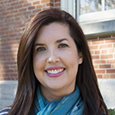
Dr. Elizabeth (Lissa) Behm-Morawitz
Chair, Mass Communication Division
University of Missouri
BehmMorawitzE@missouri.edu
<<back to top>>
Editor's Note
Boone, NC -- Please enjoy reading through the first issue of my three year tenure of The Gatekeeper. I am excited to be your web editor for this division, as it marks the first of my three-years as publications and web editor. I cannot wait to serve by communicating calls, news, and scholarly chats. I hope you've enjoy the first issue, and I hope you will let me know what you would like to improve the website. Many thanks to my precedessor, Zac Gershberg and Nick Bowman, for all of your help, as well as the support and engagement from the chair that I am currently working with - Lissa Behm-Morawitz.
Below you'll find a host of announcements about MCD, including the top panels as well as officer nominations and new job calls.
Further down you'll find this issue's Gatekeeper Scholar Chat with Dr. Shane Tilton from Ohio Northen University. He curently works with social networks, identity, and culture, future state of journalism, and gaming.
In closing, I appreciate everyone's help into my new position, and I cannot wait to get started!
All the Best,
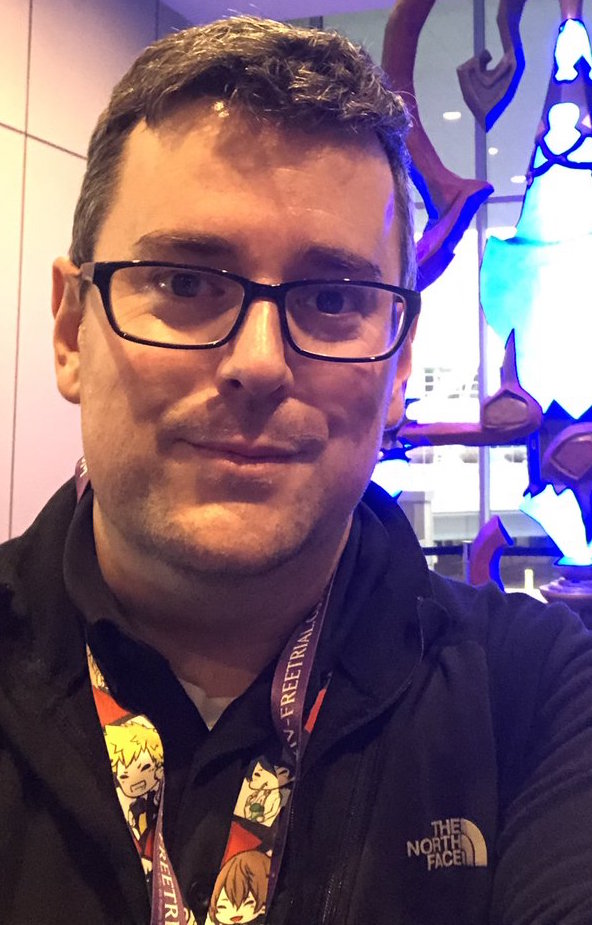 Dr. Emory Daniel Jr. Dr. Emory Daniel Jr.
Publications and Web Editor, The Gatekeeper
Appalachian State University
danieles@appstate.edu
<<back to top>>
Announcements
Job Announcements
Villanova University - Visiting Assistant Professor - Mass Communication
The Department of Communication at Villanova University seeks applicants for a one-year, visiting prosition at the rank of Assistant Professor, to begin fall 2019 and end spring 2020. This position may be renewed for a second year
Basic Requirements: Ph.D. in Communication preferred, ABD considered, witha renewal of position contingent upon receipt of degree by December 2019. Candidates mus have college level teaching experience and dmonstrated expertise teaching in the area of mass communication, research methods (especially quantitative), amd intro-level communication theory. This position will require teaching undergratuate courses on a 4-4 load. Oppportunities may be available to teach other courses in the candidate's area of specialization.
All application materials will be collected online, at https://jobs.villanova.edu. Review of applications will begin as son as the job is posted at https://jobs.villanova.edu. The deadline for apllication review is April 20, 2019.
God on the Big Screen
New York University Press is publishing Terry Lindvall's (PhD, USC, 1981) God on the Big Screen: A History of Hollywood Prayer from the Silent Era to Today this fall. Lindvall received a $425,000 NCF grant to produce a documentary feature on the book as well. See https://www.youtube.com/watch?v=V7jb0_28dz8

From News to Talk
Dr. Kimberly Meltzer's new book, From News to Talk: The Expansion of Opinion and Commentary in US Journalism, was published in April 2019 by the State University of New York Press. Drawing on more than thirty interviews with journalists and other industry professionals and a decade of published journalistic materials, the book tracks the movement toward opinion and commentary—or talk—in television, online, print, and radio news. A key part of this work are journalists' perspectives on civility in public discourse. From CNN’s Brian Stelter, to Fox Business Network’s Maria Bartiromo, the Washington Post’s Paul Farhi, and many other journalists from CBS, USA Today, POLITICO, and HuffPost, the interviewees are key figures in journalism. Dr. Meltzer is Associate Professor and Chair of the Communication Program at Marymount University in Arlington, Virginia.
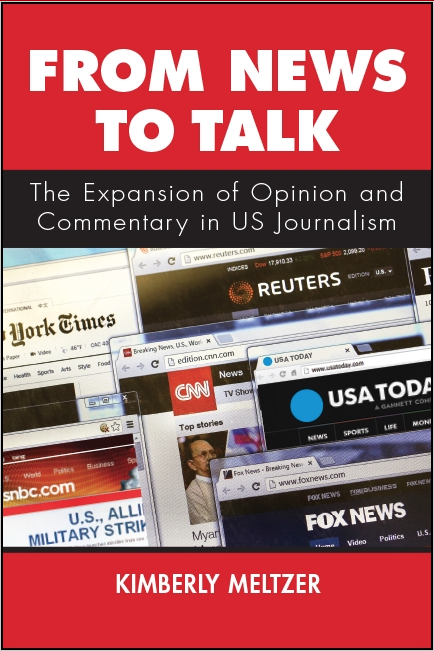
New Chair at The University of Texas at Tyler
Dr. Dennis R. Robertson has been appointed Professor & Chair of the Department of Communication at The University of Texas at Tyler. The department offers degrees in Communication Studies and Mass Communication. Dr. Robertson grew up in the newspaper business, and worked in radio and television in Southern California. He holds advanced degrees from California State University, Fullerton, the University of Southern California, and Texas at Austin.
<<back to top>>
Gatekeeper Scholar Chat
Dr. Shane Tilton
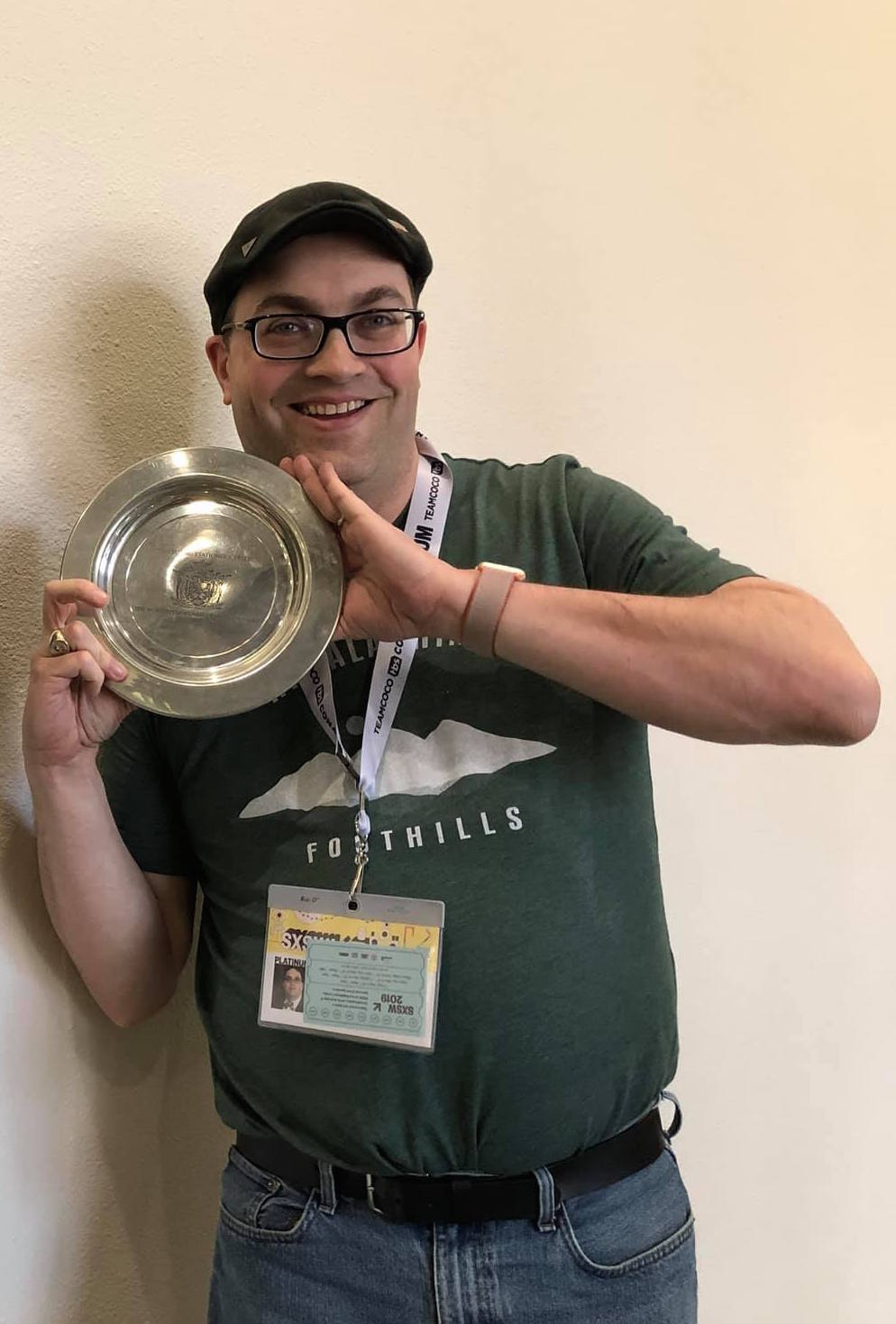 Ada - OH -- Dr. Tilton an Assistant Professor of Multimedia Journalism at the Ohio Northern University. H was given the division’s service award in 2018. He also earned the 2015 Outstanding New Adviser and the 2018 Sheridan Baker Adviser of the Year from the Society for Collegiate Journalists for my work in journalism and communication education. He's published research and provided media commentary on the topics of the digital divide, new media, and the role of journalism in modern society. His work on social media and its connection to university life earned me the 2013 Harwood Dissertation award from the Broadcast Education Association. Ada - OH -- Dr. Tilton an Assistant Professor of Multimedia Journalism at the Ohio Northern University. H was given the division’s service award in 2018. He also earned the 2015 Outstanding New Adviser and the 2018 Sheridan Baker Adviser of the Year from the Society for Collegiate Journalists for my work in journalism and communication education. He's published research and provided media commentary on the topics of the digital divide, new media, and the role of journalism in modern society. His work on social media and its connection to university life earned me the 2013 Harwood Dissertation award from the Broadcast Education Association.
In addition to his many awards, Dr. Tilton has presented at several popular media conventions such as PAX (Penny Arcade Exhibition) and SxSW (South by South West)
Education-wise, he received his PhD at Ohio University in 2012 in Modern Media and Information Studies, his MA is also from Ohio University in 2004 in Telecommunications, and earned his BA from Muskingum College in June of 2000 in Speech Communication
GK: So I cannot help but start with the plate you were awarded, care to expand on this honor?
ST: That was an unexpected surprise. I was nominated for the Young Stationers’ Prize this summer. The Young Stationers’ Prize is given to someone under 40 that represents the high ideals of excellence in the sectors of books and archiving; journalism and communication; office products and supplies; print, paper, and packaging; and publishing, digital and design. It is meant to honor those produce excellent works within the sector, understand the craftsmanship of their particular areas, maintain a high level of respectability for their own work, and are able to share their skills to ensure the continuation of the field.
I was awarded this high honor as the judges felt it was worth noting “the importance of the all-around contributions made by [me] not only in the educational sphere but also concerning the benefits for students in terms of training and support in preparing them for the professional world.”
GK: I really have enjoyed seeing your pictures in all your conference travel with it recently. It a testament to your contributions though. Within Mass communication, what do you consider your primary focus?
ST: I would say that I’ve had an eclectic career in the academy over the past 17 years. My teaching focus during the last five years has been directly related to the praxis and ethics of journalistic practices. I try to focus on the issues surrounding journalism in the era of new and social media as I believe that my students will need to be proficient in communicating the news of the day via multiple channels of communication.
My research focus has been more varied. It seems I’m doing more research on how to apply game-based teaching in the college communication classroom. I’m thrilled that my article “Winning Through Deception: A Pedagogical Case Study on Using Social Deception Games to Teach Small Group Communication Theory” was just published in SAGE Open last month. I feel that it is the perfect blend of applied communication and communication pedagogy.
GK: I saw that! That looks like such a interesting concept! Beyond that though, I know you look into coping via social media. Care to expand on what that entails?
ST: My dissertation research was focused on how first-year college students used Facebook to deal with the stress associated with the transition between high school and college. I used coping and adjustment literature (especially the work of Ralf & Christine Schwarzer) to develop some instruments that would look how college students would use social network services to monitor their stress in relationship to others with the network (e.g., using groups within Facebook to see if others were as stressed about their first year of college), if Facebook was helping the students building habits that would either be more aware or help cognitively avoid stress triggers related to the collegiate experience, and if the students were applying problem-solving and emotion regulation through Facebook interactions to reduce the impact stress had on their day-to-day interactions with the world.
What I discovered during that snapshot of analysis in 2008-2009 was that incoming students were using Facebook as a “stream of awareness” of what was happening on campus (e.g., if you are aware of the events on campus, you would be less stressed about the campus experience), using Facebook as a point of engagement between the student and the collegiate environment (e.g., a student felt they had more agency if they could interact with members of the campus community before attending college), and Facebook allowed students to “build their communities” before attending college (e.g., students could get a better sense of their roommates before the first day of school).
GK: I feel like this is something I need to incorporate in my social media strategies course in both undergraduate and graduate level. I want to continue on your eclectic work within new media. How do you think this will affect the future state of journalism?
ST: I have concerns not with new media itself but with the issues present within the structure of new media. New media platforms are impacting the ability of journalistic organizations to effectively present the problems of the day without being lost in the noise of content. This statement is not to say that all social and new media post are noise but rather many of the users of social media have a tough time telling the difference between a truthful narrative that represents the reality of a given topic, issue, point of interest, or event that is happening in a given community and a posting that is not based on a realistic view of the world. I am concerned about the ability of users to filter the false.
GK: Are there any ethical considerations that you’ve seen in your research about that state of journalism?
ST: There are two ethical conflicts I see as central to most conversations surrounding journalism. Sadly, they are not new concerns. The first conflict is the classic news versus advertising argument. I used to show the movie "Network" in class as a means of explaining this tension. I am concerned that native advertising will be the norm of journalism as the industry has failed with other modes of revenue support. The second conflict is speed versus accuracy. It's become a bigger issue with traditional news organizations attempting to deal with the onslaught of information coming from social media.
GK: I know many of us (if not all) share those concerns. Now you do research within social media and journalism, but you also do research in gaming. What do you specifically look at?
ST: I tend to have a broad research agenda when it comes to gaming research. I tend to focus on the games that I've played in the past and look for a research hook that grabs my attention. I don't believe that I can narrowly describe a central framing that ties all of my gaming research together, and that's okay.
One of the beautiful benefits of working at a small liberal arts university is that my colleagues and administration supports my broad research interests. I try to publish as often as possible and not worry about how that into a larger personal research narrative.
GK: It is really nice to have that freedom! Gaming seems to be growing exponentially, but is only just starting to be talked about in Mass Comm research, where do you see the future of these disciplines?
ST: I feel that gaming research will play into the larger discussion around mass communication. The nature of gaming represents interactivity in an arena that traditionally had a more one-directional relationship between content creator and audience. I think communication scholarship lends itself nicely to the problematics within the realm of the known related to game studies.
GK: Any new projects you'd like to talk about?
ST: I have two chapters that I am working on that are more directly related to the realm of journalism. One is a chapter is on how Anthony Bourdain was a food journalist. This chapter is for a book called “Eating Fandom: Intersections between Fans and Food Culture” which should be coming out next year. I’m writing about how his series gave his audiences a view of the rest of the world through the lens of food culture. The nature of Bourdain’s work means his viewers were exposed to cultures they would never see otherwise. The other journalism chapter (as I discussed earlier) is a large meta-analysis of the future of broadcasting and journalism in the United States over the next ten years.
GK: Wonderful! I look forward to seeing these projects! Thank you so much for chatting with us!
ST: Thank you!
<<back to top>>
NCA MCD OFFICERS
| 2018-2019 MCD Officers |
 Chair Chair
Lissa Behm-Morawitz
Department of Communication
University of Missouri
215 Switzler Hall Columbia, MO 65211
behmmorawitze@missouri.edu
|
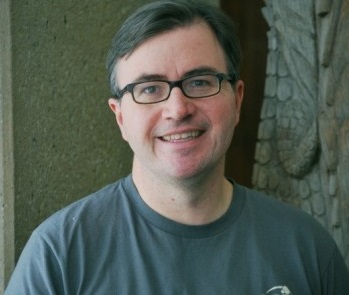 Vice-Chair Vice-Chair
David Rhea
Governors State University
Communication Program
One University Pkwy
University Park, IL 60484
drhea@govst.edu
|
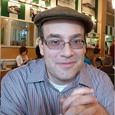 Vice Chair-Elect / Ad-Hoc Awards Vice Chair-Elect / Ad-Hoc Awards
Laramie Taylor
University of California - Davis
Communication Department
396 Ker Hall, Davis, CA
lartaylor@ucdavis.edu
|
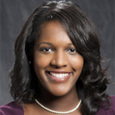 Past Chair Past Chair
Meghan Sanders
Louisiana State University Manship School of Mass Communication
217A Journalism Building
Baton Rouge, LA 70803
msand@lsu.edu
|
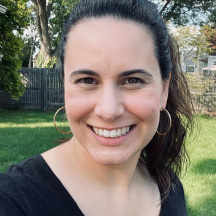 Secretary Secretary
Valerie Kretz
St. Norbert College
Department of Communication
100 Grant Street, Boyle Hall, 332
De Pere, WI 5411
valerie.kretz@snc.edu
|
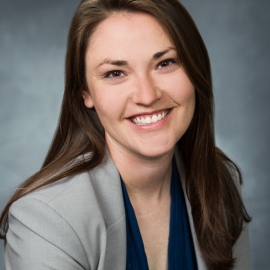 Secretary-Elect Secretary-Elect
Jessica Zurcher
Brigham Young University
School of Communications
360 BRMB
Provo, UT 84602
jessica_zurcher@byu.edu
|
 Publications & Web Editor Publications & Web Editor
Emory S. Daniel Jr.
Appalachian State University
Department of Communication
121 Bodenheimer Dr.
Boone, NC 28607
danieles@appstate.edu
|
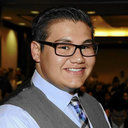 Graduate Student Rep. Graduate Student Rep.
J.J. De La Cruz
Pennsylvania State University - State College
Department of Communication Arts & Sciences
316 Sparks Building
University Park, PA 16802
Jxd847@psu.edu
|
 Ad-Hoc Appointment - Group Parliamentarian Ad-Hoc Appointment - Group Parliamentarian
Shane Tilton
Ohio Northern University
Department of Communication
Freed PAC 137
Ada, OH 45810
s-tilton@onu.edu |
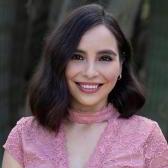 Graduate Student Rep. - Elect Graduate Student Rep. - Elect
Larissa Teran
University of Arizona
Department of Communication
211 Communication Building
Tuscon, AZ 85721
larissateran@email.arizona.edu
|
| Research Committee |
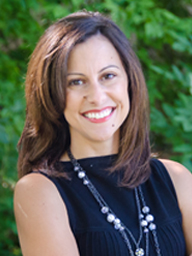 Committee Chair Committee Chair
Nicole Martins
Indiana University
The Media School
904 E. Seventh St.
Bloomington, IN 47405
nicomart@indiana.edu
|
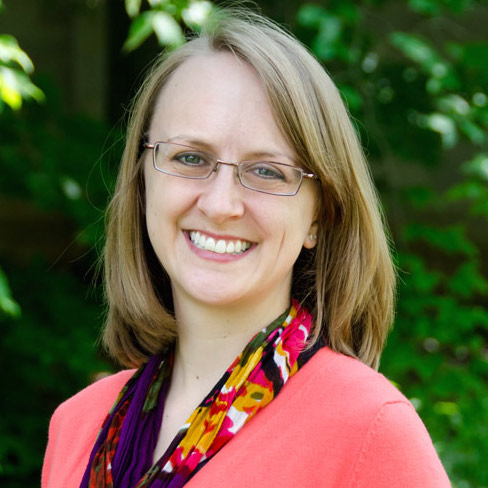 First Vice-Chair First Vice-Chair
Jessica Gall Myrick
Pennsylvania State University - State College
Dept. of Film/Video & Media Studies
104 Carnegie Building
University Park, PA 16801
jgm@psu.edu
|
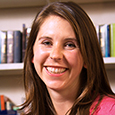 Second Vice-Chair Second Vice-Chair
Lisa Glebatis Perks
Merrimack College
315 Turnpike St.
Cushing Building
North Andover, MA 01845
perksl@merrimack.edu
|
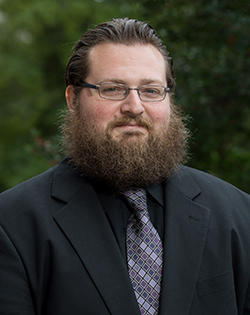 Second Vice-Chair - Elect Second Vice-Chair - Elect
Joseph Hoffswell
Western Kentucky University
Department of Communication
FAC 145
Bowling Green, KY 42101
joseph.hoffswell@wku.edu
|
| Nominations Committee |
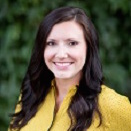 Committee Chair Committee Chair
Ashton Speno
Southern Illinois University - Edwardsville
Department of Mass Communications
1017 Dunham Hall
Edwardsville IL 62025
aspeno@suie.edu
|
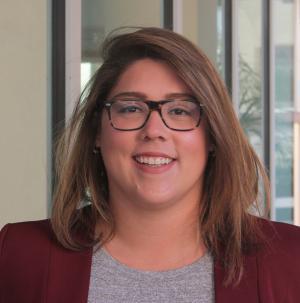 Chair-Elect Chair-Elect
Andrea Figueroa-Caballero
University of Missouri
Department of Communication
209 Switzler Hall
Columbia, MO 65211
figuerocaballeroa@missouri.edu
|
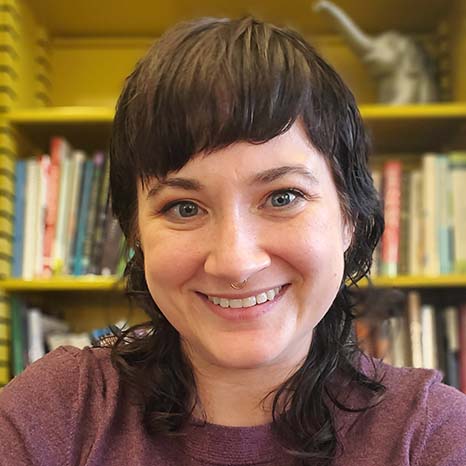 Nominations Committee - Member Nominations Committee - Member
Hilary Gamble
Auburn University - Montgomery
Communication & Theatre
7430 East Drive
Montgomery, AL 36117
hgamble@aum.edu
|
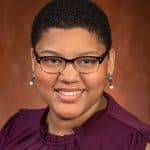 Nominations Committee - Member Nominations Committee - Member
Arienne Ferchaud
Florida State University
College of Communication & Information
4100 University Center, Building C
aferchaud@fsu.edu
|
 Representative to NCA Nominations Committee Representative to NCA Nominations Committee
Shane Tilton
Ohio Northern University
Department of Communication
Freed PAC 137
Ada, OH 45810
s-tilton@onu.edu
|
|
| Representatives to NCA General Assembly |
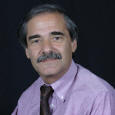 Legislative Assembly Legislative Assembly
Stan
Tickton
Norfolk State University
Mass Communication/Journalism
700 Park Ave., Unit 3249
Norfolk, Virginia 23504
sdtickton@hotmail.com |
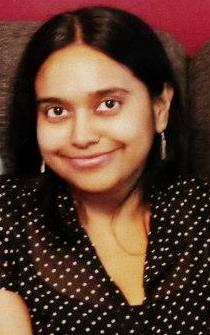 Legislative Assembly Legislative Assembly
Sumana Chattopadhyay
Marquette University
Diederich College of Communication
403 Johnston Hall
Milwaukee, WI 53233
sumana.chattopadhyay@marquette.edu |
|
|
<<back to top>>
This site best viewed and navigated with
Internet Explorer 7x or greater, and seems to work fine with Google Chrome and Mozilla Firefox.
(c) 2019 NCA Mass Communication Division
Questions? Comments? Send them to:
Emory Daniel, Publications and Web Editor
Last Update: 04/10/2019
|

